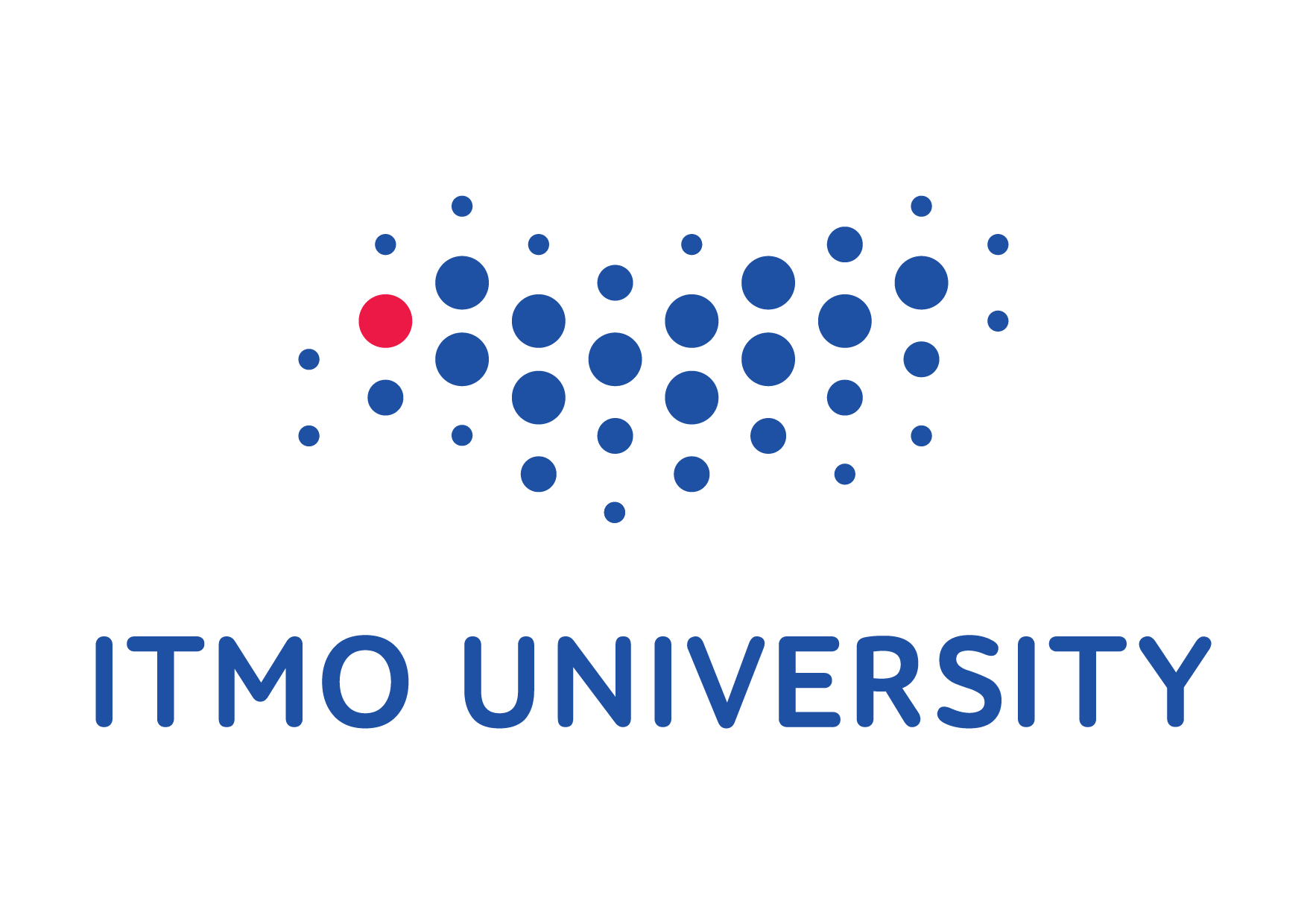ITMO: ITMO’s GreenTech Launches New Master’s Program in Environmental and Technosphere Safety
ITMO’s Faculty of Energy and Ecotechnology (GreenTech) has launched a new program in environmental and technosphere safety, where students will also learn about metrology and standardization. Knowledge in these fields can be used for sustainable development, as well as at various organizations – from industry and engineering companies to governmental agencies.
Sustainable development, defined as meeting the needs of the current generation without jeopardizing those of the future generations, was first coined in the 1987 report Our Common Future by the UN World Commission on Environment and Development. In 2015, the UN identified , including ending poverty and hunger, achieving gender equality, and taking urgent climate action.
Various enterprises today take up more responsibilities in the field of sustainable development, which is why the demand for such experts is only growing. For instance, last year Microsoft announced the company’s aim to reach negative carbon emissions by 2030 and by 2050 completely wipe out the carbon footprint it produced since it was founded in 1975. Similar initiatives are developed by Russian companies, as well. Sberbank, for example, is planning to compensate for the carbon footprint produced by its offices through cutting down on office paper, purchasing new appliances, recycling used plastic cards, and lowering its energy intake.
Specialists at the Russian Union of Industrialists and Entrepreneurs note that industry players have to strike a balance between environmental demands and regional economic development. At the same time, companies have to be not only environmentally responsible, but also environmentally open.
Establishing carbon neutrality is impossible without specialists well-versed in calculation methods for carbon emissions, who are capable of conducting a metrological analysis of active and newly implemented methods. The new Master’s program is meant to train experts capable of this, as well as those who will be involved in governmental regulation of carbon emissions and climate solutions.
“There are currently no programs that would train specialists in questions of climate change but who also have competencies in state regulation, issuing quotas in carbon emissions, and the carbon units market, as well as be able to implement methods of lowering carbon emissions produced by businesses. Our new program will equip students with skills in all of the above,” comments Marina Kustikova, associate professor at the Faculty of Energy and Ecotechnology.
Program curriculum
The new program includes two main specializations: Technosphere Safety, and Standardization and Metrology. The Technosphere Safety specialization will focus on global challenges (i.e., climate change), methods for their evaluation, as well as approaches for their reliable application. These components will be targeted within three educational tracks:
Sustainability and Adaptation to Climate Change
Environmental Protection for Sustainable Future
Evaluation for Life and the Future
Depending on their chosen specialization, students will receive advanced training in several fields. For instance, they will be introduced to key standards in climate and sustainable development (GRI, ISO) and basic physical processes underlying climate change, learn to conduct metrological evaluation of technological and engineering documentation, as well as visualize and present data.
“Apart from professional competencies, students will acquire soft skills, including processing large amounts of information to stay up to date with new developments, trends, and practices. Moreover, they will be capable of systems thinking, managing people and processes, as well as develop and implement educational programs,” adds Elena Bykovskaya, a senior lecturer at the Faculty of Energy and Ecotechnology.
Prospects of graduates
The program is put together based on the needs of potential employers. Moreover, the wide range of competencies acquired throughout the program will allow its graduates to continue their careers at industry and design companies, contract research organizations, or governmental agencies. One of the program’s esteemed partners and potential employers are D. I. Mendeleev Institute for Metrology. Apart from that, students will be able to work at such companies as Worldwide Clinical Trials and Gazprom, as well as biotech and consulting companies.
One of Russia’s major job seeking platforms, HeadHunter, indicates that there are over 350 positions in ecology and 500 positions in metrology currently open in St. Petersburg alone. Many businesses require metrologists, risk officers, and lead engineers in systems safety.
Head of the new program Yanina Dmitrakova says that the labor market in environmental protection and climate change is growing.
“We aim to train specialists who will be in demand not only here and now. Many new positions are appearing with competencies broader than those of ecologists, such as specialists in reducing environmental footprint, alternative and renewable energy, meteoenergy, ecoanalytics in extractive industries, as well as in preventing systematic environmental catastrophes,” she states.
Enrollment opportunities
According to Irina Timofeeva, the program’s manager and a senior lecturer at the faculty, applicants will need basic knowledge in labor and environmental protection, ecology, and metrology. Prospective students can enroll by passing an entrance exam or through one of the following competitions:
ITMO’s Mega Contest;
ITMO’s ;
Congress of Young Scientists;
GreenTech Start;
I am a Professional.

